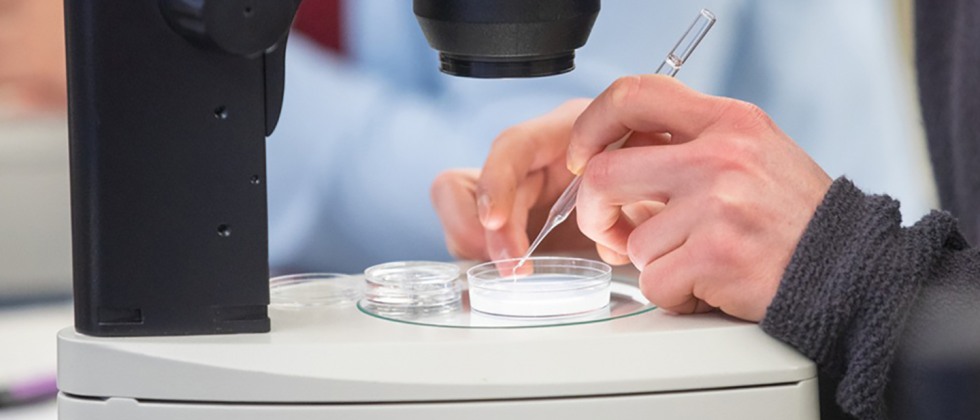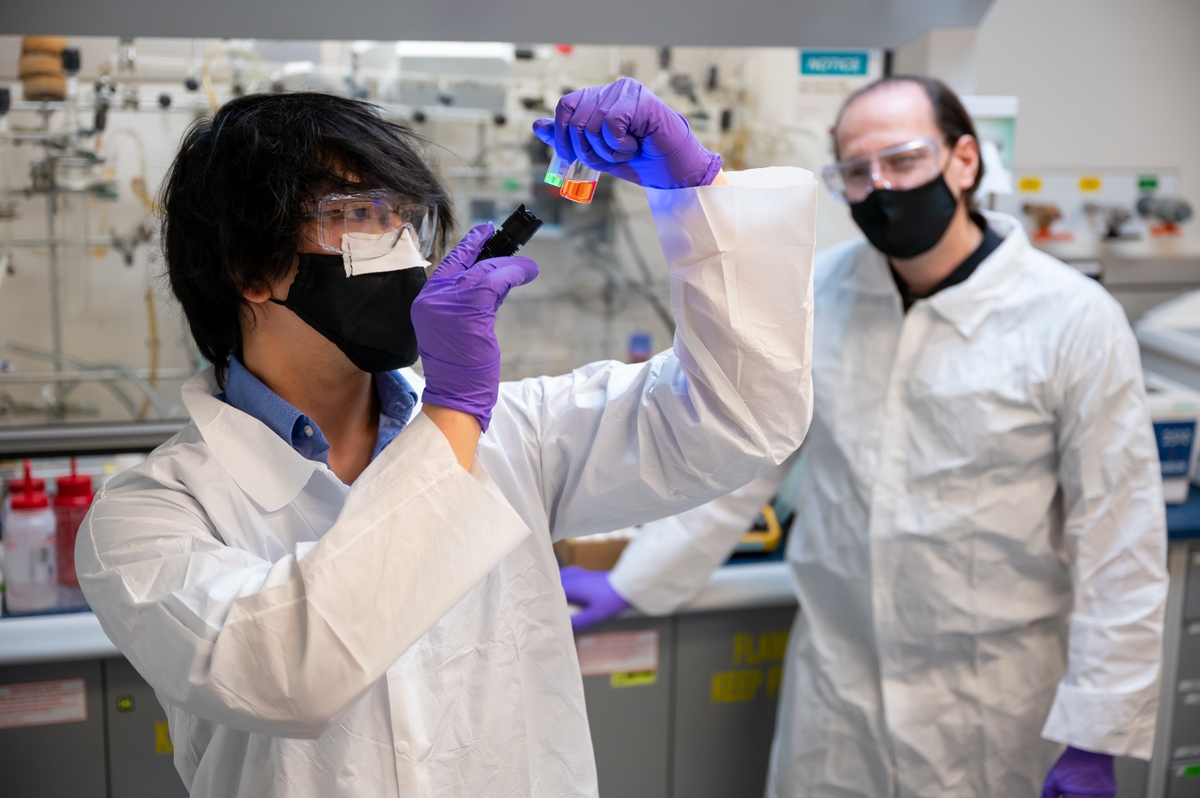
Clinical research participants are invaluable. There is no substitute for them. No scientific instrument, machine, microscope, or even the most advanced equipment can replace the knowledge that humans contribute. It is only through volunteers like you that medical achievements can reach the public.


Clinical research is a field of medicine where everyday people, just like you, volunteer to participate in studies. These studies are carefully planned and carried out to investigate new ways for preventing, diagnosing, and treating diseases. It involves testing new medications or therapies, and sometimes long-term studies that track how diseases and overall health progress over time.
Clinical trials play a crucial role in pushing medical research forward and innovating new treatments. Researchers examine new drugs, procedures, or therapies to ensure they're safe and effective, and to see how they improve people's daily lives. Individuals participate in clinical trials for various reasons, such as wanting to help others, advance research, or access the latest treatments and receive attentive care from the study team. These trials offer hope to many and assist researchers in developing the latest treatments. However, these trials are typically divided into several phases, each serving a specific purpose in the drug development process.
Phase I: Phase I trials usually include a limited number of healthy volunteers, occasionally incorporating patients with the specific condition being studied. The main focus is on establishing the safety profile of the treatment and determining the appropriate dosage.
Phase II: Moving on to Phase II, a larger group of volunteers with the particular condition are enlisted. Here, researchers assess the treatment's effectiveness and side effects in subject with the condition, refining the therapeutic approach.
Phase III: In Phase III, a larger cohort of volunteers with the condition is studied. This phase seeks to understand the treatment's overall effectiveness and identify potential side effects in a broader population.
Phase IV: Also known as post-marketing surveillance trials, Phase IV extends the study to focus on examining the treatment's long-term safety and effectiveness after it has been approved and made available to the public.


Healthy volunteers are essential participants in clinical trials. They should generally be in good health and not regularly take medication for mental or physical issues. Their contribution is vital for researchers to gather valuable data, establish safety measures, determine proper dosages, and identify potential side effects. The main purpose of involving healthy volunteers in clinical research is to gain a broader understanding of how drugs interact with the human body during their development. By serving as a baseline for comparison, volunteers provide valuable insights into the effects of treatments while minimizing the influence of variables seen in individuals with existing health conditions.
Typically, healthy volunteers are involved in phase I of the research process, while phases II and III focus on individuals with specific medical conditions. Additionally, it's worth mentioning that clinical research doesn't solely rely on healthy volunteers; it also welcomes participants with particular diseases based on the study's requirements.
Clinical research depends heavily on the participation of volunteers for several compelling reasons.
To Advance Treatments: Individuals with well-managed conditions can volunteer to help develop new treatments, helping researchers in discovering and improving therapies.
Helping Loved Ones: People can participate to support a friend or loved one with an illness or injury, contributing to breakthroughs that may benefit those they care about.
Access to New Treatments: In cases where no effective treatment exists, or current treatments have severe side effects, clinical trials can offer access to new developments that are not readily available.
Contribution: Many volunteers can find it rewarding to participate in research knowing their efforts may benefit others in the future, even if they don't experience direct benefits themselves.
Compensation: Some participants will receive compensation for their time and effort, which can help create a diverse participant pool, resulting in more comprehensive study results.


While the contributions of volunteers to clinical research are highly commendable, it's important to keep ethical considerations in mind. Protecting the rights, safety, and well-being of participants is a top priority in clinical trials. Researchers achieve this by following strict ethical guidelines and obtaining informed consent from volunteers, ensuring they fully understand the risks and benefits of participating in the study.
Every day, we all benefit from clinical trials which hold the key to major advancements in medical research. Whether it's your diabetes medication, your wife's blood pressure pills, your daughter's routine vaccines, or the latest cardiovascular drug your father is taking - all these medicines are available because of clinical studies that prove their reliability and efficacy.
None of these advancements would be possible without volunteers - the foundation of this progress - who step forward willingly to participate and contribute to these scientific advancements. Their participation is highly valuable for gaining a deeper understanding of a drug's safety and effectiveness in the general population.
With this understanding, you might be considering if a clinical trial is right for you. However, deciding to take part is a significant personal choice. It can be helpful to discuss this decision with your physician, family members, or friends. Once you've identified potential trial options and eligibility criteria, the next step is to reach out to our team at Biopharma Informatic. Our research staff can provide more information about ongoing trials and address any questions you may have about specific studies. For more information, contact us at (281) 944-3610
